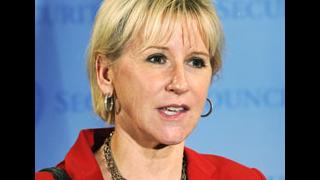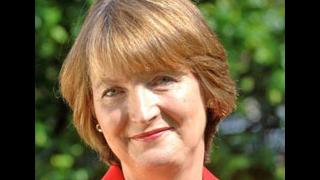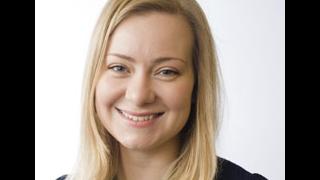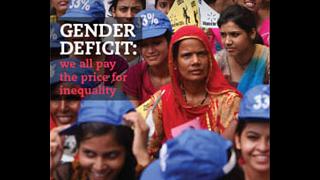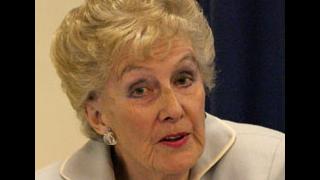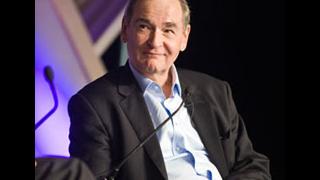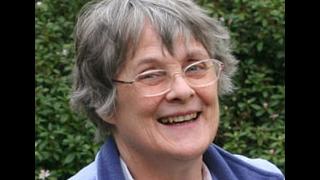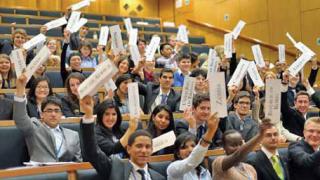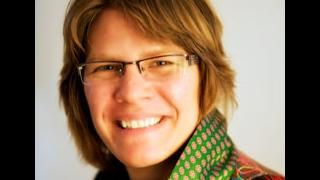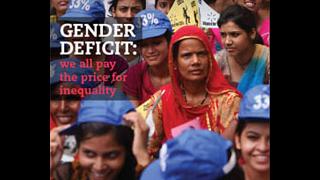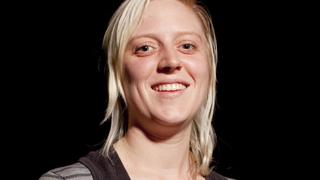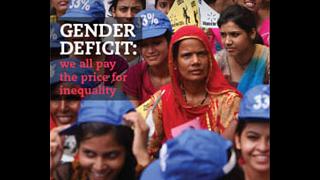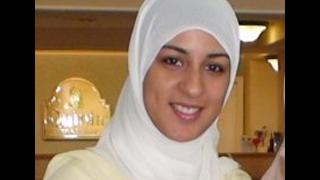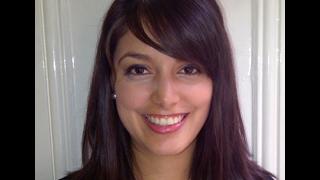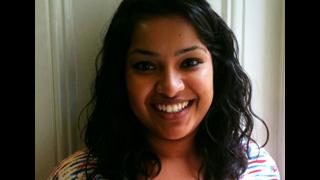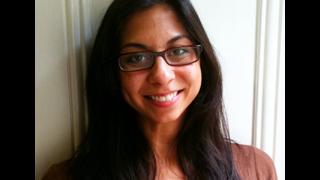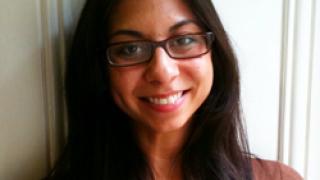
In 1945, the dedicated handful of female delegates at San Francisco conference pushed for the United Nations Charter, the founding document of this new international organisation, to promote equal rights among men and women, and for the inclusion of gender in the Charter's anti-discrimination clause. Their efforts bore fruit a year later when the UN Commission on the Status of Women was created. The rapid acceleration in social and economic improvements that has since occurred is directly related to the empowerment of women, and it is now common knowledge that when women are given equal opportunities society as a whole benefits. The recent establishment of UN Women gives us an opportunity to look back and remember events that helped women get where they are today.
Women's rights: establishing norms and setting standards
The UN officially joined in the fight for women's rights on 10 December 1948, when it adopted the Universal Declaration of Human Rights, proclaiming that "all human beings are born free and equal in dignity and rights... without distinction of any kind, such as race, colour, sex, language, religion ...birth or other status". The Declaration was drafted by the Commission on Human Rights and chaired by one of the greatest women leaders of the 20th century, Eleanor Roosevelt.
By dedicating an entire decade to women's rights (1976-1985), the UN put the spotlight on women's issues that would have otherwise gone unnoticed. In 1979 the UN adopted the Convention on the Elimination of All Forms of Discrimination against Women, which aims to tackle political, economic, social, cultural and civic rights.
Development: women's education and health
Over the last 65 years the UN's focus on social development has greatly improved women's access to education. More women than ever before are receiving an education because of UN programmes like the Female Secondary School Stipend programme in Bangladesh which has improved women's secondary school enrolment by 23% since 1991.
There have been serious improvements for women's health rights. Since the International Conference on Population and Development (ICPD) in 1994 women have become the focus of multiple programmes that aim to increase the health of women and children, and gender has been successfully incorporated into health services. Furthermore, the maternal mortality ratio in developing regions has declined by 34% since 1990.
Empowering women: economics and politics
The world has experienced phenomenal economic growth since women have formally entered the labour market. Women's banks and cooperatives grant women access into formal economies where they have more rights and freedoms, and women's share of paid employment has steadily grown since the establishment of the Millennium Development Goals.
Women are no longer treated like second class citizens and are making their mark in politics and government. Women now make up 19% of global parliaments, and the leaders of key global powers such as Brazil and Germany, are female (Dilma Rousseff and Angela Merkel, respectively).
Violence against women
At the Fourth World Conference on Women held in 1995, the battle against sexual violence came to the forefront of discussion and envoys were dispatched to areas of armed conflict. Violence against women in all its forms - sexual, domestic, harmful traditional practices - continues to be a major focus of the UN's work. Secretary-General Ban Ki-moon has made it one of his personal priorities, launching the 'Say No' campaign.
While the battle for universal gender equality is far from over, women's general position in the world has improved by leaps and bounds. UN resources have saved thousands of women from illiteracy, homelessness, disease, rape, and death, and with the establishment of UN Women universal gender equality is one step closer to being achieved.
Madelyn recently finished her MSc in Regional and Urban Planning at the London School of Economics and is currently a Programme Development Intern at UNA-UK.

